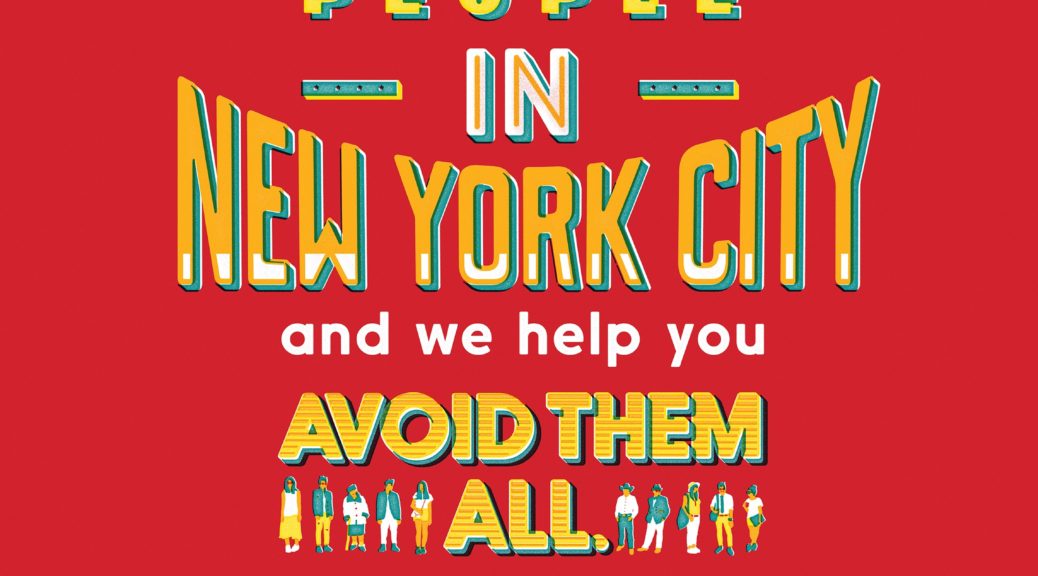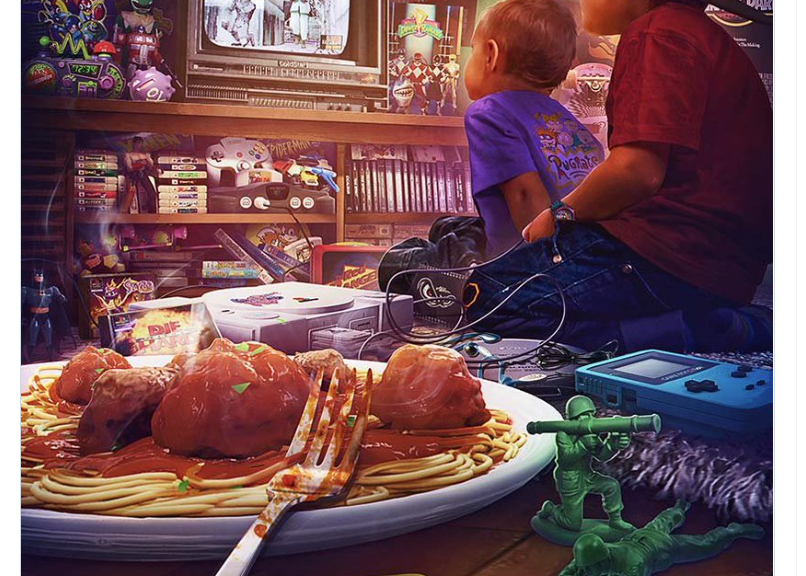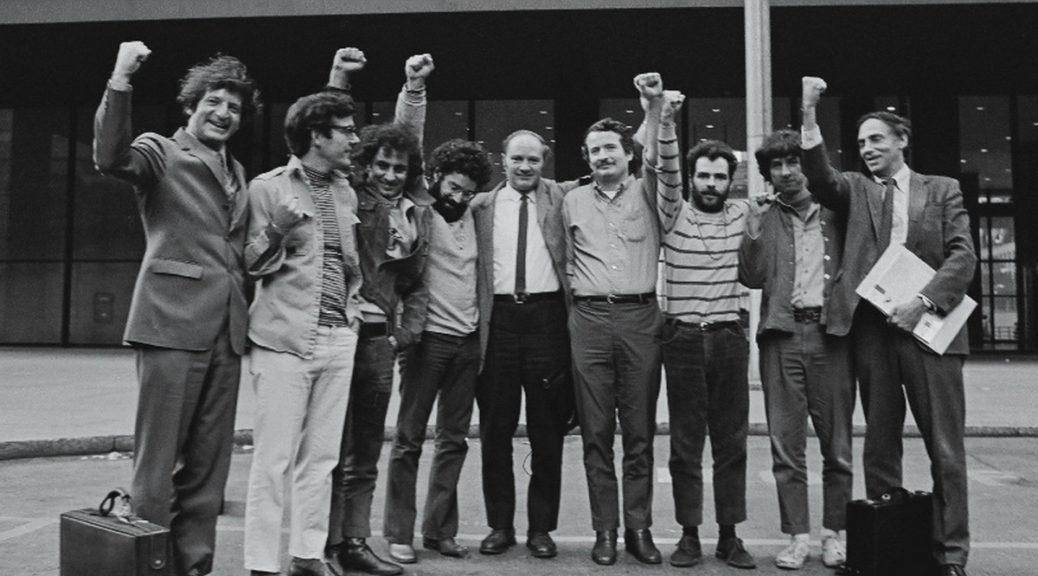The rule of Elon Musk over Twitter has so far been an unmitigated disaster. However, I take perverse solace in the thought that even his blinkered attempts to remake it in his own warped image hasn’t stopped people from sharing bonkers posts about food.
If you’re a Twitter oldhead like me, you can remember the days when most food discourse on the site was either pictures of people’s lunches or hot dog-centric. (Is it a sandwich? Should you be allowed to put ketchup on it?) Late-stage Twitter takes are in the vein of “It’s white supremacy to cook for your neighbors” or “Making me attend a work function with food is ableism.” And yes, as the links will attest, these were both actual posts that sparked days of takes and counter-takes, most of it wrapped in the sort of language of oppression that Twitter folk use to dress up their personal neuroses as universal truths.
These sorts of takes can be enjoyable to laugh or shake your fist at, depending on which reaction floats your boat, but it’s difficult for me to see these expressions as anything other than symptoms of a deeply sick society. That is not to call the people expressing these takes “sick.” I don’t want to armchair diagnose complete strangers, and I’m not interested in judging or shaming such people for these takes. Rather, I want to explore how they reflect the alienating and isolating way in which many people are now forced to live their lives.
Granted, millions of people living lives of alienation and isolation is not exactly a new development. The roots of what many people feel now can be traced all the way back to the onset of capitalism centuries ago and the Industrial Revolution in particular, when large groups of people were first compelled to abandon their traditional, largely rural and communal ways of life to staff urban factories. (IIRC a guy named Karl wrote some stuff about this.)
But the more direct origins of current conditions didn’t occur until after World War II, when economic priorities, especially in the US, shifted from the making and growing of things to the accumulation and consumption of things, a development which by its very nature was antisocial. (Even if the goal of accumulating and consuming is to drive the economic engine for everyone, you can only accumulate and consume things for yourself, not for a larger community.) At the same time, people were told they should abandon the old communities of urban neighborhoods for the suburbs (or at least the white people were told this). They did so in huge numbers, exchanging more tightly-knit societies of interdependence for tiny kingdoms that went no farther than a front lawn and 2.5 kids. Thus was kickstarted the eroding of community and social bonds that has accelerated exponentially with each passing year.
At least immediate post-WWII generations had greater senses of economic security and some memories of community life. The same cannot be said for people entering adulthood now, when the ability to enjoy anything close to the proverbial American Dream is virtually dead, and the knowledge of community life is dim at best. Most of us must do whatever we can to survive, and this has created an epidemic of isolation.
You must go where the jobs are, so it is unlikely you live with or near your extended family. To keep your job, you likely work very long hours that are well beyond the limit of what was expected of your parents. And while your parents may have belonged to a union—which gave them decent wages, protection against those long hours, and socialization opportunities—chances are the labor movement has little to no presence in your industry. Long hours at work leave you virtually no time for socialization in your new home in a large urban center—which is probably just as well, since the community associations that once existed there likely disappeared after the people who maintained them moved away to the suburbs or died off. You are much less likely to be in a long-term relationship, or have any children, which closes off even the small society of a nuclear family enjoyed by those first suburban dwellers. And all of this was probably true for you even before the pandemic, which sent all of the above factors into warp drive.
In short, it’s quite likely you feel alone in a way that is unique in the annals of human civilization. All of your relationships are transactional: either you are fulfilling someone else’s wishes in exchange for a wage (your boss, a customer) or you are paying someone else to fulfill yours. Community is a foreign concept to you, or otherwise you would know that one of the most basic and ancient features of a community is sharing food, eating together.
Instead of the Sunday dinner or the community feast, you have the delivery app, Seamless and Grubhub and the like. Take a look at an ad for any of these services and you will notice—when they’re not encouraging you to be a virulent sociopath—that virtually all of these ads depict people eating by themselves. Almost invariably, they portray a person in the throes of nigh-orgasmic joy at the mere sight of their chosen meal, but it is a joy they share with no other human. The modern consumer is told that food is an essentially masturbatory pleasure.
The ubiquity of these delivery apps both reinforces people’s solitude—it does not require you to so much as call a restaurant on the phone, or even interact with your delivery person if you so choose—and adds a new element to that solitude: infantilization. If you live in a major city, you can get virtually anything you want delivered to you in no time at all. The unfettered plenitude offered by the apps functions as a permissive parent, allowing you to eat whatever you want whenever you want. It is a dream of pure preverbal id, cake for breakfast for all eternity.
Ignoring for now the concept of “good” and “bad” food, or questions of what people “should” eat, apps like this all but encourage the user to continually order the same few foods. Over time, the user will develop an intolerance to eating anything that isn’t their Platonic ideal of what a meal should be. So an app that ostensibly offers a wealth of choice actually limits people’s palates down to the size of a picky child’s, and makes the idea of a communal meal—where you might have to compromise and try something new, or eat something that isn’t your 100% most favorite thing—even more impossible to conceive.
All of which is not to say that these apps are inherently bad or wrong. People will often defend them by noting they provide vital services to people who have mobility issues or disabilities or, due to medical or neurological conditions, are seriously limited in what they can eat. All of this is true as far as it goes, though I doubt any of these apps were designed with the above users as their primary customer base. And even if they were, another apparatus that could administer to such people in need would be…a tight-knit community where people knew their neighbors and helped one another. But since modern life does not allow for this, we get instead a collection of code that will charge a 150% markup for a chicken parm hero.
This is how the simple sharing of a home-cooked meal with a neighbor can be interpreted as an imposition or even a threat. It’s also how a coworker asking what food you’d like to order for a company meeting can be interpreted as a dire invasion of your privacy. The people expressing these opinions are so removed from any sense of social or communal life that these interactions are perceived as “bad”—and because, for a certain segment of the population, “badness” can only be expressed in terms of “oppressing” language, that is how it is regurgitated in a public forum. (Which is not to say such language is inherently flawed or phony, but many of these terms have been stretched so far from their original uses as to be rendered almost meaningless, at least on forums like Twitter.)
In the final analysis, when confronted with these jaundiced perspectives, the only correct reaction is pity. The system we’re all in needs to drain every last productive minute from us that it can for benefit of people who are already wealthy beyond comprehension. In return, we’re all being served the same meager gruel of human contact and told it’s filet mignon. So eat up, I suppose.


